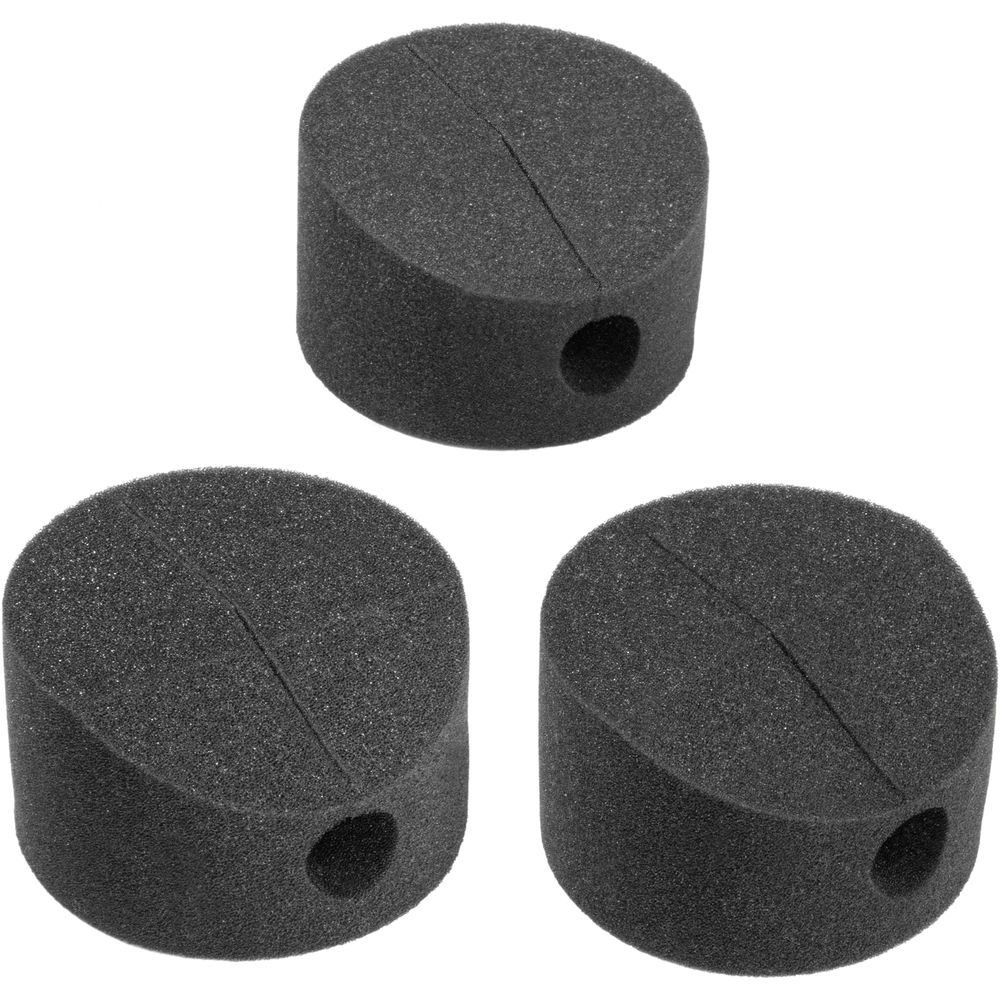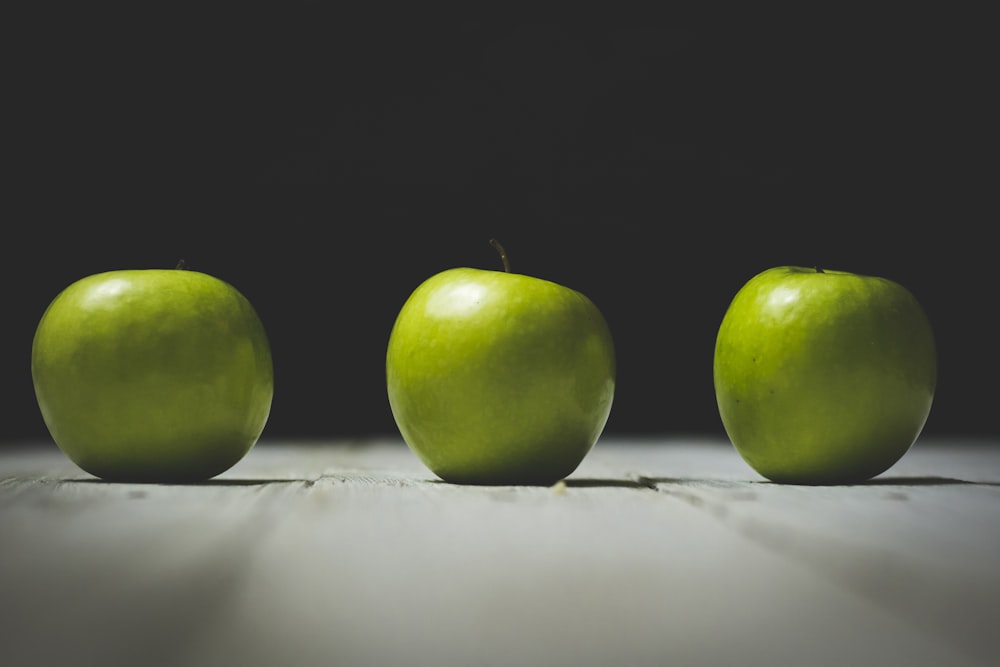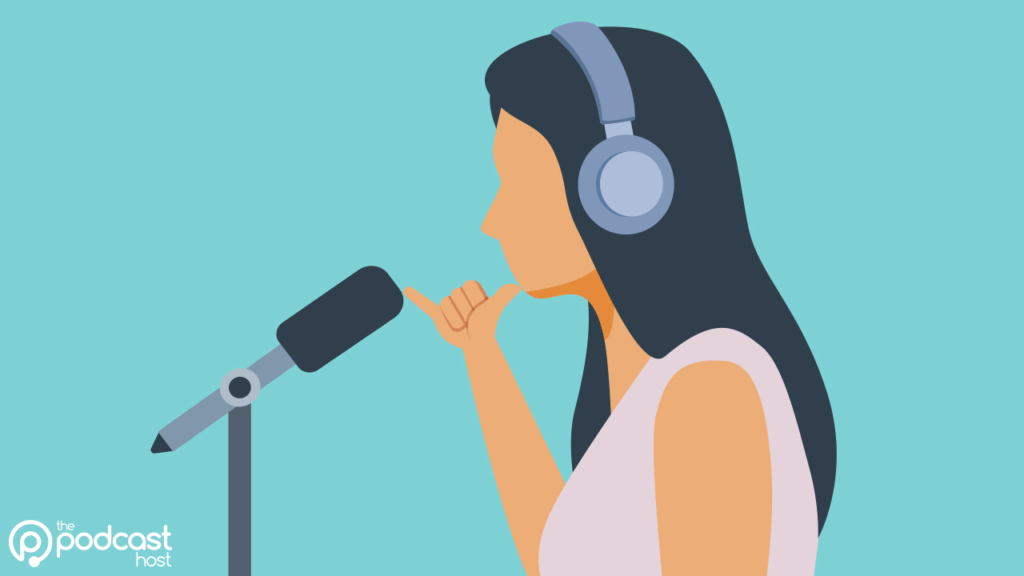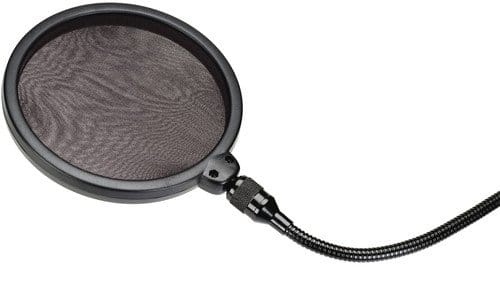How To Reduce Mouth Noises When Recording
Mic technique is a much overlooked part of podcasting. It'southward easy to assume that if you simply buy a good microphone or decent equipment, then your show will automatically sound slap-up.
But information technology's like annihilation else. Buying a fancy car won't necessarily brand you a great driver. And if yous spend half a years wages on a summit-of-the-range guitar, that doesn't mean you'll be playing it like Hendrix.
Fortunately for us, learning good mic technique isn't half as complicated as learning to bulldoze, or playing a musical instrument. A lot of it comes down to simple all-time practices.
And that's precisely the aim of this guide to mic technique for podcasters. Here, we'll run through some tips and tactics for getting the best possible sound for your content. So let'southward get started.
one. Microphone Handling
Even the most rugged of dynamic microphones brand noise when handled. Keeping your microphone on a stand up instead of belongings it ensures the boom and rumble of fumbling with your mic doesn't ruin another take. But exist careful! Desktop mic stand can transmit noise from typing, leaning on the desk or any interaction with the surface the stand up is set on.
I lean toward floor stands (which aren't allowed to walking or foot-tapping). If you use a nail arm, I recommend attaching the blast to a surface other than your desk to reduce manual through the desk. With that said, many of the college-end blast artillery out there (like the Rode PSA1) are built to protect against shock waves travelling up them to the mic itself.
2. Decoupling
If you apply a desktop stand (or fifty-fifty floor stands), I recommend decoupling (a fancy word for moving the mic away from the surface) using either a slice of audio-visual cream or some inexpensive decoupling pads. Decoupling pads attach to the anxiety of your mic stand and absorb the shock to reduce transmissions from getting through.

3. Mouth Noises Be Gone!
Excessive oral cavity noises can be distracting. Peculiarly when using condenser microphones, which sound beautiful, but are far more than sensitive than their dynamic cousins. Avoid eating sugary or starchy foods, like bread or potato chips earlier going on mic. The starches thicken the saliva and make the mouth pastier, creating heavy mouth noises. To reduce mouth noises even if you oasis't eaten starches, a green apple, like a Granny Smith or a Crispin (Mmm. Crispin) helps reduce the starches and thickness of the saliva. A glass of water with a wedge of lemon also helps reduce oral fissure noises.
I've heard of some podcasters and VOs who advocate cleaning their teeth before a recording session too!

4. Mic Positioning: Hang Loose
A vital aspect of mic technique. Good mic positioning helps forbid excessive reverb from getting into the mic while also reducing the weighted bassy experience crusade by the proximity result. The proximity effect is the unnatural (albeit sometimes desired) bass response that happens when you lean closer to a microphone (or someone's ear for that affair).
Expert microphone position is roughly 6-viii inches from the oral fissure. I teach my podcasting students to hang loose when in front of the mic. That is, extend the thumb and forefinger into the sign for "hand loose" or "phone call me." Then identify the pollex to your mentum and the tip of your pinky to the microphone. That is roughly the distance you need to be from the microphone when speaking.

5. Gain Staging
Before each recording session, gain staging your microphone is ever a skilful practise. While information technology may not exist necessary from session to session, gain controls tin get bumped and it'due south a good practice to cheque your settings before a session to avoid complications while recording. But arm a track with your microphone connected in your DAW and adjust the gain until the input levels hang around -6dB when speaking at a natural volume for you.
Note: A natural volume is your normal speaking volume. If you lot tend to speak loudly, practice so when gain staging to go a skilful gain with room to speak louder before clipping.
half dozen. Pop Screens
There are a few ways to handle plosives. Those are the bassy pops when pronouncing B'due south and P'south as air bursts from your mouth and into the mic. The first and best line of defence force is to use a popular screen betwixt the microphone and your mouth. Popular screens help by diffusing the air from the plosive earlier it can hit the microphone while leaving the sound from the voice relatively unaffected.

Mic Technique for Podcasters – Conclusions
With all of the wonderful plugins out in that location that make our editing lives easier, information technology is sometimes hard to remember that sound recording is a Garbage in/Garbage Out process.
What gets recorded, proficient or bad, is ultimately what we have to work with when we go to edit. The ultimate goal is to record the audio (in this case, your voice) equally accurately as possible with as little noise, distraction, and reverb as possible.
The more we rely on plugins to modify the sound, the more than potential in that location is to reduce frequencies and make the voice sound breathless or unnatural, in extreme cases with drib-outs or an unnatural lack of room noise.
Retrieve to use proper mic technique, placement and other tips from higher up earlier resorting to a filter or plugin to alter the sound. Do this, and you can utilise your editing and product tools to take your audio from good to slap-up, as opposed to bad to slightly better.
Need a Production Helping Hand?

Feeling a lot more than confident about getting behind the mic and recording great source material? Still hesitant virtually the editing and production process? If so, and so cheque out Alitu.
Alitu is our 'podcast maker' web app that let's you do all your editing, processing, levelling out, and publishing, without having the slightest inkling about how any of that stuff works.
It's built for folks who just desire to become their message out there – in the all-time sounding mode – without feeling like they're studying to become an audio engineer.
If that's you lot, so have a await at Alitu, and if you similar what yous encounter, yous can effort it out costless of charge!
Source: https://www.thepodcasthost.com/recording-skills/mic-technique-for-podcasters/

0 Response to "How To Reduce Mouth Noises When Recording"
Post a Comment